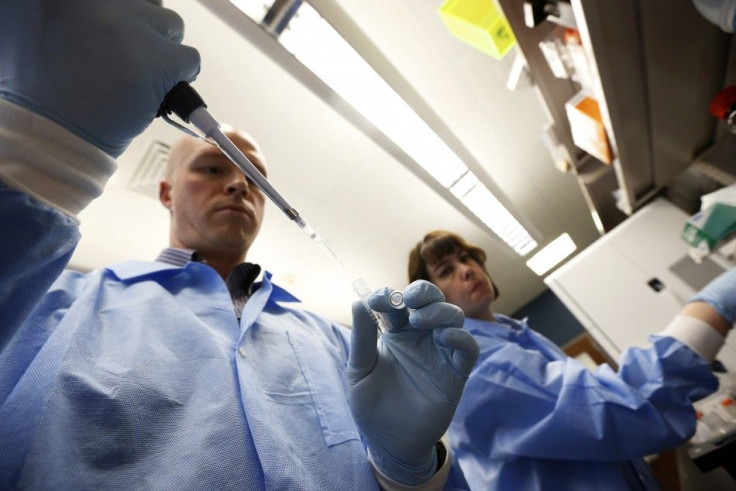Science Explores Flatulence, Fart Smell: 5 Things to Know

So what's in a fart that made researchers claim sniffing its smell is good for the health? People would argue that there's certainly nothing healthy from taking an accidental sniff of the toxic smell. However, science has been toying with the theory that sniffing fart could be helpful in the treatment and prevention of certain illnesses. So how does sniffing fart works as a health benefit? Below are five things to know from the researchers who have experimented on this theory.
1) The smell of fart is toxic, even flammable according to science20. This is due to its gas content called hydrogen sulfide or H2S, which is produced when food in the stomach is being processed.
2) Despite the gas' intoxicating smell, researchers have discovered that it can actually aid in the preservation of the mitochondria, only when sniffed in small dosages. The mitochondria is responsible for the energy production in the blood vessel cells and regulation of inflammation. When it fails, cells in the human body could die. Subsequently, a person infected with an illness would have a lesser chance of recovery since the cells would lose its ability to regulate the inflammation.
3) This theory on sniffing fart smell was first developed in 2007 by Marian Lemle, whose work has been published in the Journal of Medical Hypotheses in September of 2008. Her research on the hydrogen sulfide content in fart suggested that the gas lies in the heart of the mitochondria. She claimed sniffing fart alone does not make it a health benefit. H2S homeostasis in the mitochondria should happen in order for the cells to react positively with the bacteria that cause the illness. Phoenix Rising quoted Lemle on her theory:
"Our mitochondria are descended from ancient eukaryotic cells, which appear to have retained that deep sea capability to use H2S as an energy substrate."
Lemle's theory claimed that a lack of hydrogen sulfide homeostasis within an organism can also cause many diseases. It has even been tied to some autism symptoms. According to Nature, hydrogen sulfide can be toxic to the mitochondria when it interacts synergistically with phenylpyruvic acid (PPA) commonly found in stools. Instead of fighting off diseases, it can cause mitochondrial dysfunction.
4) However, according to Daily Mail, researchers from the University of Exeter's medical school in the U.K. have approached the fart smell theory differently. A study published in the journal of Medicinal Chemistry Communications revealed researchers' discovery that when cells are affected with disease, they attempt to pull in enzymes so they can generate their own tiny quantities of hydrogen sulfide. In contrast to Lemle's theory on H2S homeostasis, researchers created their own compound called AP39 to specifically release small dosages of the toxic gas into the mitochondria. Their test resulted to the mitochondria being protected thus cells stayed alive.
5) While hydrogen sulfide is toxic when inhaled in large doses, it can actually protect cells and fight illnesses when sniffed in tiny amounts. It can even prevent cancer, strokes, heart attacks and dementia. Additionally, science20 reported that it can also treat diabetes, arthritis and aging. While the gas is known for its overpowering foul odour, fellow researcher Dr. Mark Wood claimed it can be a "healthcare hero," which can be used for future therapies in treating various diseases.
This study on hydrogen sulfide as a health benefit has not yet been tested on human models so there is still no justifiable proof to claim that sniffing fart can indeed be beneficial to the health.






